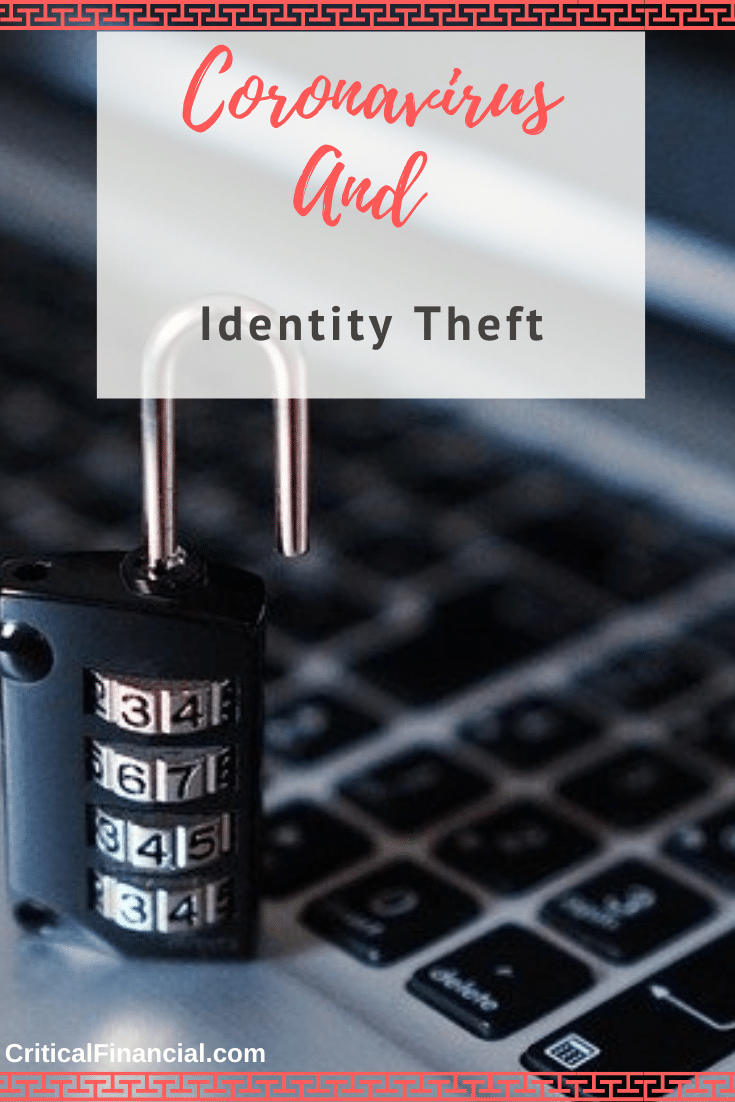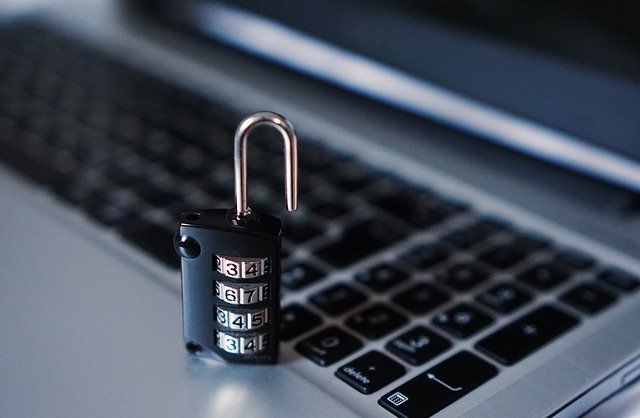
One of my own personal experiences with identity theft started with a telephone call from a moving truck rental agency, wanting to know where their moving truck was and why I hadn’t dropped it off as per the contract. The moving company was three states away from me, and I had never lived there or anywhere near it.
What we both learned was that identity thieves had managed to fake a drivers’ license with my name and numbers. They rented a truck in my name and most likely ditched it on the side of the road somewhere after they were done using it.
Identity theft is big business. In one year alone scammers got away with more than $15 billion, and that was in a period of economic recovery. In an era where pandemic concerns have affected the economic bottom line of millions, scams and identity fraud are not only on the rise but also evolving.
There are different kinds of coronavirus-related scams. Some are designed to part the victim with their money, others may be attempts to harvest personal information for identity theft purposes. And still others are a combination of the two.
Scams all have one thing in common–they usually involve an unsolicited contact of some kind. This is the first red flag of the scam–people you don’t know trying to get you to do something you might or might not be inclined to do.
My experience with identity theft didn’t happen during a pandemic, but news reports indicate that fraud is on the rise in America while the huge distractions of COVID-19 and mass protests keep our attention elsewhere.
Identity Theft And Data Harvesting
Identity theft is not a practice limited to these types of interactions mentioned above. In addition to faking my physical driver’s license, scammers need information to put on that license. It’s possible to harvest this kind of personal data via social media, blog posts, and other online interactions.
When someone approaches you with an offer, a deal, or a way to make money, they may already know more about you than you realize. Sometimes the identity theft process involves contacting the victim first, but not always.
During a crisis, scammers may contact you pretending to be from a government agency, a relief organization, or a third party. You may be asked for sensitive information such as your Social Security Number, your bank account number, date of birth, place of birth, driver’s license number, etc.
What To Do If You Made A Mistake And Gave A Scammer Your Information
Many of the articles written about identity theft talk about prevention and about not responding to unsolicited communications no matter how harmless. But what about those who have made a mistake and given out this information only to realize what they have done later?
If you fear you’ve given personal information to the wrong people, take the following steps immediately:
- Alert your bank and put a hold on any affected accounts;
- Check your bank activity daily until you are satisfied no suspicious activity is happening with your accounts;
- Change all passwords as soon as possible;
- Change all PIN numbers as soon as possible;
- Remove personal information (addresses, city, state, phone numbers) from social media;
- Check your credit reports for signs of activity you didn’t authorize and file a complaint with all three credit agencies if you find evidence of errors or identity theft.
Remember that it can take time for evidence of stolen identity to show up in your credit reports and it may even take time before your stolen account numbers are put to use; however it’s never safe to assume your private data isn’t being used the moment it was stolen.
Act quickly and be prepared to invest some time in reporting these issues. Your credit is worth the effort but you will need to be proactive in order to invoke the protections offered to consumers in the wake of having their identity stolen or personal data compromised.

Joe Wallace is a writer and editor from Illinois. He was an editor and producer for Air Force Television News for 13 years, and has served as Managing Editor for publications including Gearwire.com, and Associate Editor for FHANewsBlog.com. He is also an experienced book and script editor specializing in non-fiction and documentary filmmaking.

